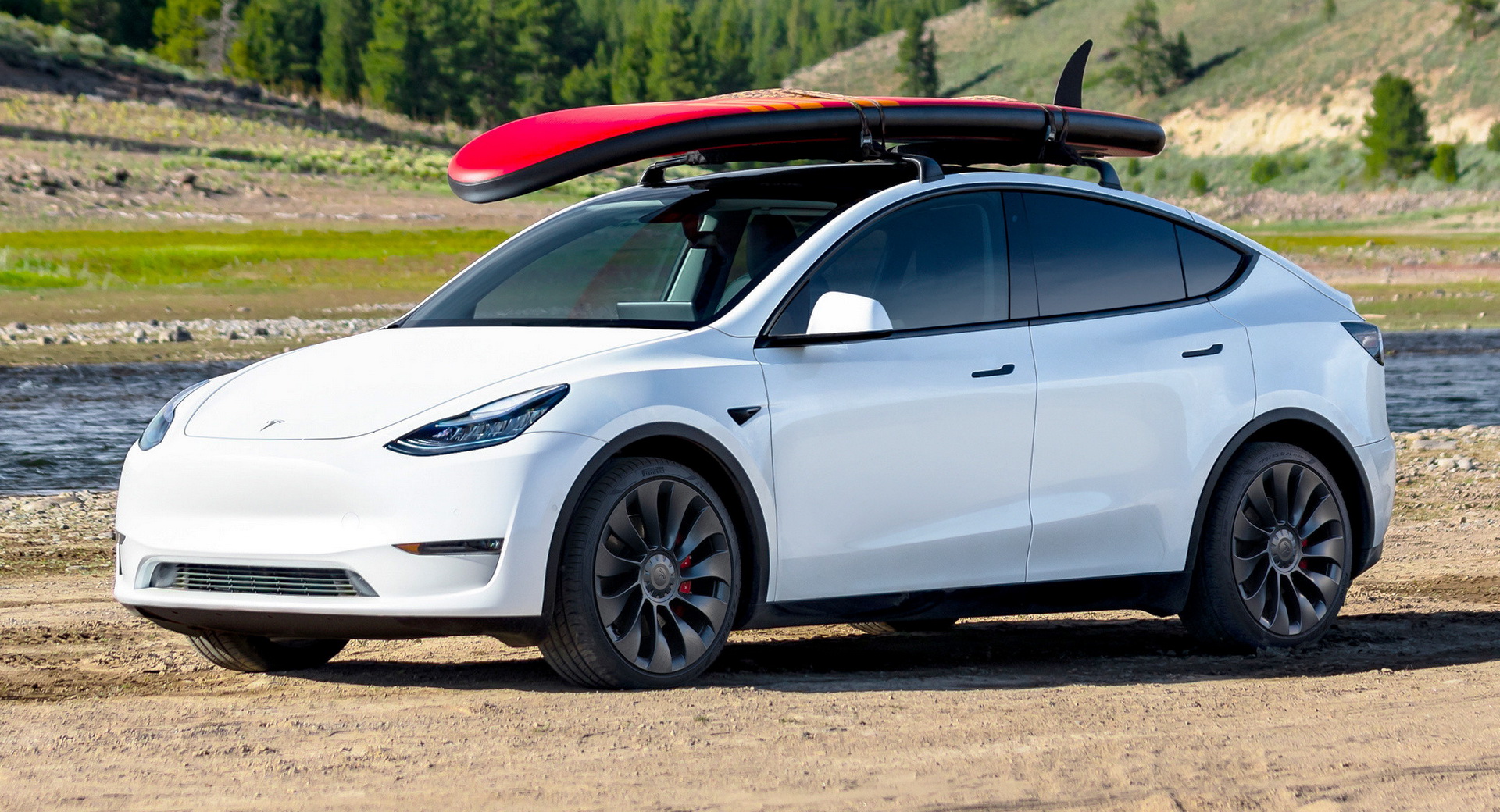The U.S. Senate Finance Committee has advanced new legislation that includes an overhauled EV tax credit for new electric vehicles, reaching up to $12,500.
The new bill says that electric vehicles that are assembled by union workers in the United States and have an MSRP of up to $80,000 would qualify for the maximum of $12,500. More expensive electric cars, with a price tag of over $80k, are disqualified from the proposed EV tax credit.
Read Also: Americans Can Pre-Order The New Kia EV6 First Edition From June 3
The current system offers a maximum federal tax credit of $7,500 to every electric vehicle on the market, no matter the MSRP, which phases out for individual carmakers once they’ve sold a total of 200,000 electric vehicles.
Under the proposed “Clean Energy for America” bill, both GM and Tesla -which have already hit the 200,000 EV cap and are currently excluded from the $7,500 tax credit- would qualify again, as the new legislation doesn’t set a target figure for individual EV sales. Instead, the new bill states that the credit would phase out over three years, once 50 percent of U.S. passenger vehicle sales were EVs, according to Reuters.
More specifically, the proposal says that electric vehicles assembled in the United States would qualify for a $10,000 tax credit while EVs that are built at facilities whose production workers are members of, or represented by, a labor union would be eligible for the full $12,500 credit.
Tesla, VW, and other companies with non-union workers would get less
This means that carmakers like Tesla, VW, and others who don’t have U.S. union workers, would be eligible for the $10,000 credit, while companies building EVs outside the United States would qualify for the base $7,500 incentive.
The proposed EV incentives are estimated to cost $31.6 billion through 2031, according to estimates from Congress. The bill also includes a 30 percent tax credit for manufacturers to retool or build new production facilities for “advanced energy” technologies, including batteries, as well as new incentives for the purchase of commercial electric vehicles.
The new bill must still be approved by the full Senate and the U.S. House of Representatives.







